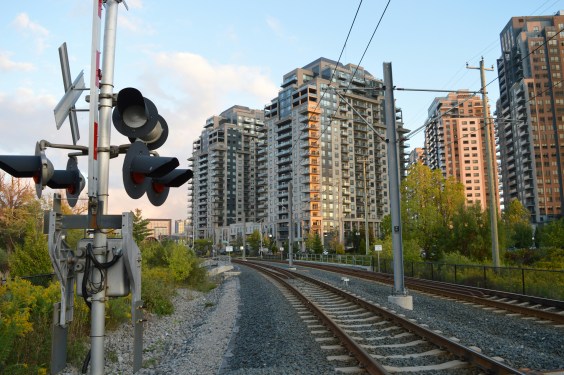 Image: MTC
Image: MTCThe 2009 Metropolitan Transportation Commission (MTC) Annual Report paints a sobering picture of funding crises at nearly every Bay Area Transit operator -- crises we've covered extensively on Streetsblog -- and sums up the situation bluntly: "There is no way to sugarcoat it: These are difficult, daunting days for public transit in the Bay Area."
The report rightly points to endemic land-use and auto-centric development problems in the Bay Area that make transit less attractive for many than driving: "The Bay Area's transit system operates under the difficult combination
of unpredictable revenue sources and unsustainable cost structure on the
one hand, and underpriced auto alternatives and insufficiently
transit-supportive land uses on the other."
One of the more troubling aspects of the report, as KALW's Nathanael Johnson wrote on the Bay Area Transit blog, is that the picture is only going to get worse without a significant change in course. Operators have already cut service and raised fares, but new capital costs will add additional burden and farebox recovery rates aren't going up.

"The MTC added up the projected budgets of the agencies and found that operating costs would exceed revenues by $8 billion over the next 25 years, while planned improvements (like new buses and the Warm Springs BART station) will require someone to dig up an additional $17 billion in spare change from under the couch," wrote Johnson.
The report also contends that transit operators have fallen short in performance. Since 1997, after adjusting for inflation, transit costs in the Bay Area have increased by 52 percent, while revenue hours of service increased by only 16 percent and ridership increased by only 7 percent.
"That is a terrible return on our regions' transit investment and it should cause us to think long and hard before committing future funds to such a low-yield strategy," the report concludes.
The report compares Bay Area transit systems to a patient with
chronic illness, and the most recent two-year difficulties as a spike in
the fever: "When the fever passes, this patient will not be restored to
good health. Unless fundamental changes are made, the underlying,
chronic conditions will reappear, and all energies will be channeled
into the struggle to cope, with no real hope of thriving."
While the report is negative and cautionary, the MTC states rightly that while the current system is unsustainable, it is not "on a path of irreversible decline" and transit is vital to the health of the region's economy.
Furthermore, the growing imperative to combat climate change, according to the report, "means that our
growing population must learn to drive less -- and to take transit more
often."

As a result, the MTC is launching a Transit Sustainability Project focusing on three
solution areas for the transit dilemma: service design, cost containment and institutional arrangements. The MTC says it will conduct analysis of transit efficiency
across every agency similar to the VTA's Comprehensive Operations
Analysis and the SFMTA's Transit Effectiveness Project.
"Both have
pointed the way to a more rational system," according to the report.
Though the report's authors acknowledge they "have more questions than answers as to how the region's transit system
can be repositioned to achieve higher levels of efficiency and service
effectiveness," they make repeated reference to a solution that has come up numerous times at recent MTC meetings: Consolidate some of the 28 transit agencies that currently operate in the Bay Area with the goal of attaining efficiencies and reducing redundant service.
Without a transition from the current unsustainable course of action, the report says, "we will fall short of the resources our regional transit system needs by a cool $1 billion a year over the next quarter-century."





